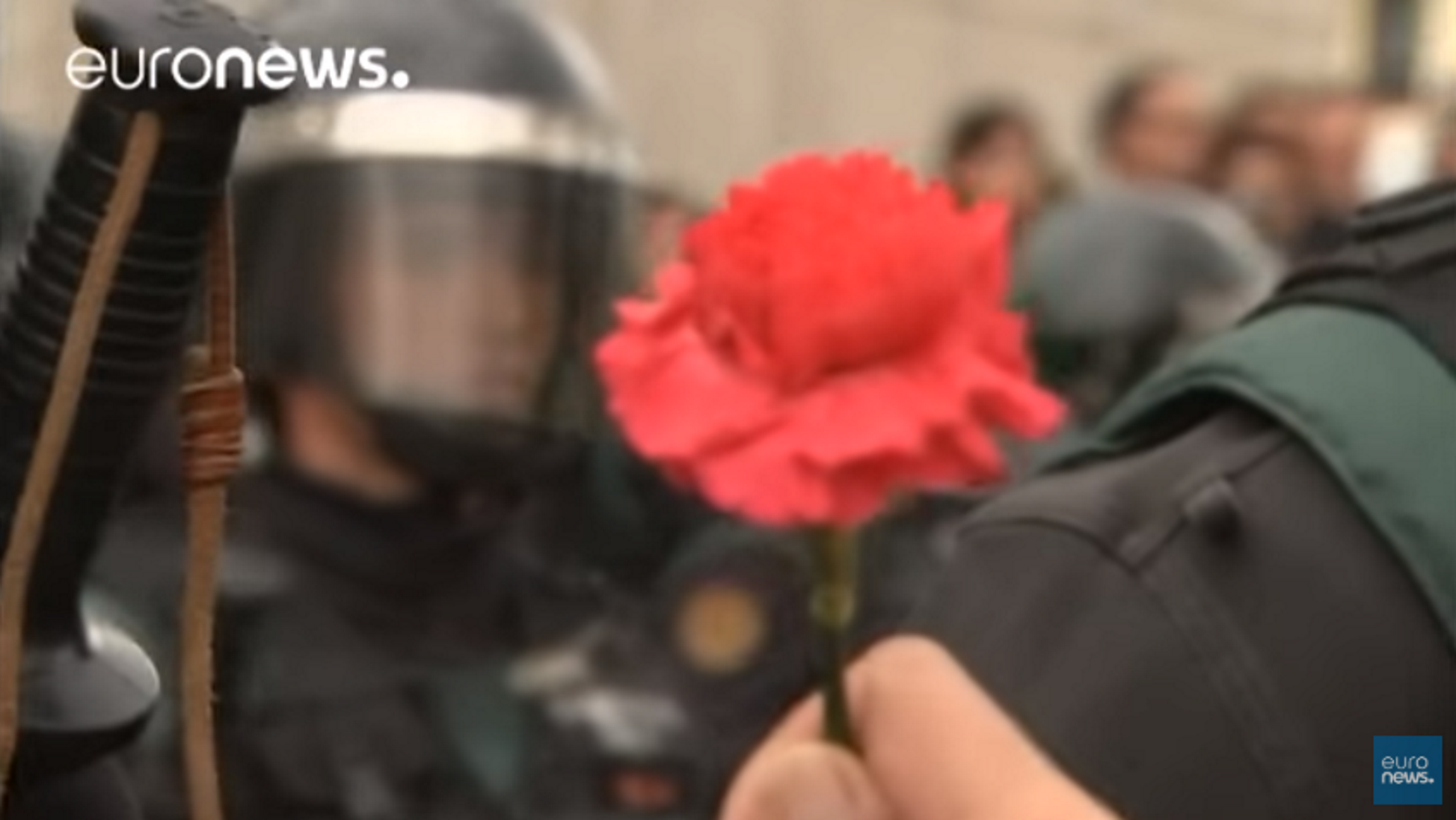European Commission vice-president Margaritis Schinas has today strongly opposed an approach of deploying the military onto the streets to solve internal political problems, saying that this is not the European way. Schinas asserted that the EU will never ask the military to crack down on internal protests, as US president Donald Trump has threatened to do.
When asked if he agreed with Trump's announcement, the senior official shielded himself in the fact that he is not "an experienced observer or expert in American politics or institutions." But he said that calling for military action in these circumstances "is not the European lifestyle". He added that another difference between the two situations was that Europe did not have issues pertaining closely to "police brutality or questions of race".
The response appears to forget some recent actions by Union members, such as the Spanish government's violent clampdown to try to prevent Catalonia's independence referendum. This was on 1st October 2017, when Spain deployed thousands of officers of both the Spanish police and the paramilitary Civil Guard against people who wanted to vote in a poll, injuring around a thousand members of the public.
In 2017, the same EU spokesperson, Margaritis Schinas, commented after the Spanish actions that "violence can never be an instrument in politics", while underlining that the EU regarded the matter as an internal affair that it would leave Spain to resolve according to its laws.
Among the locations where the Spanish Civil Guard took action against the Catalan public were Sant Julià de Ramis (near Girona), where Catalan president Carles Puigdemont was due to vote, and the town of Callús, in central Catalonia.
In contrast to Spain's 2017 paramilitary deployment, Schinas insisted today that in Europe - unlike the US - "we keep our armies only for our foreign enemies."
The British newspaper Financial Times has also questioned this statement by the EU, recalling that in Europe cases of police brutality have been reported in Hungary, France, and on the Greek border with Turkey.

